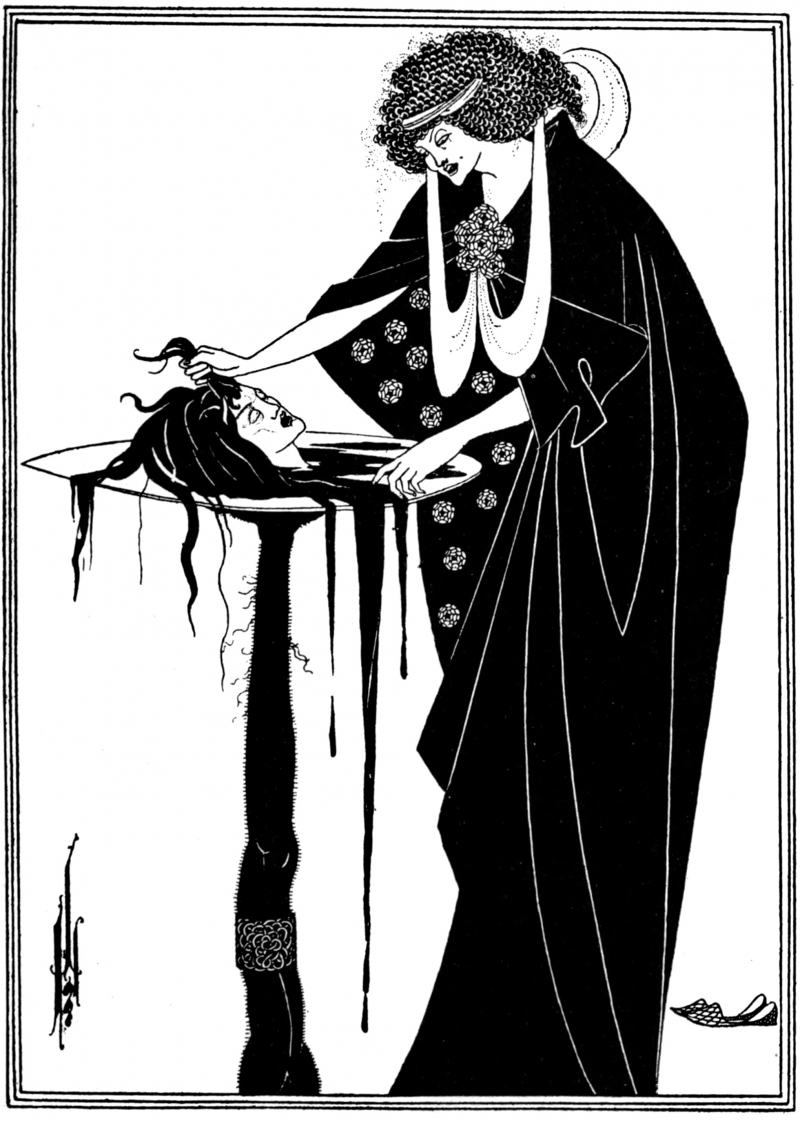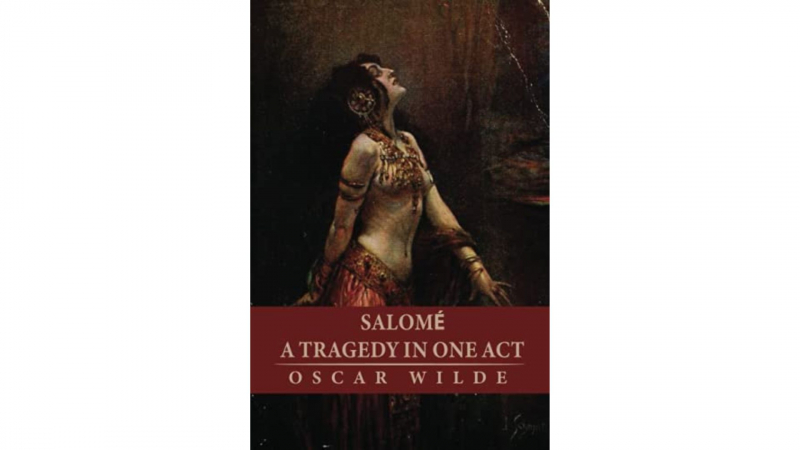One Of Oscar Wilde's Plays Was Banned By The Lord Chamberlain
One of the interesting facts about Oscar Wilde is that one of his plays was banned by Lord Chamberlain. Between 1879 and 1894, Wilde created nine plays, four of which—Lady Windermere's Fan, A Woman of No Importance, The Importance of Being Earnest, and An Ideal Husband—solidified his reputation as a humorous observer of Victorian mores. But Salomé, another play, had a darker undertone as it told the story of a lusty lady who performs the dance of the seven veils on her stepfather, King Herod, and demands the head of John the Baptist.
Although Salomé is sometimes cited as Wilde's most decadent work, it took some time before English audiences could take in the performance in its entirety. Lord Chamberlain, the most senior member of the British Royal Household, was in charge of issuing permits for theatrical productions in Victorian-era Britain. Because the portrayal of biblical characters had been outlawed since the Protestant Reformation, he outlawed Salomé for that reason. Salomé was thus not performed in England until the first decade of the 20th century.












